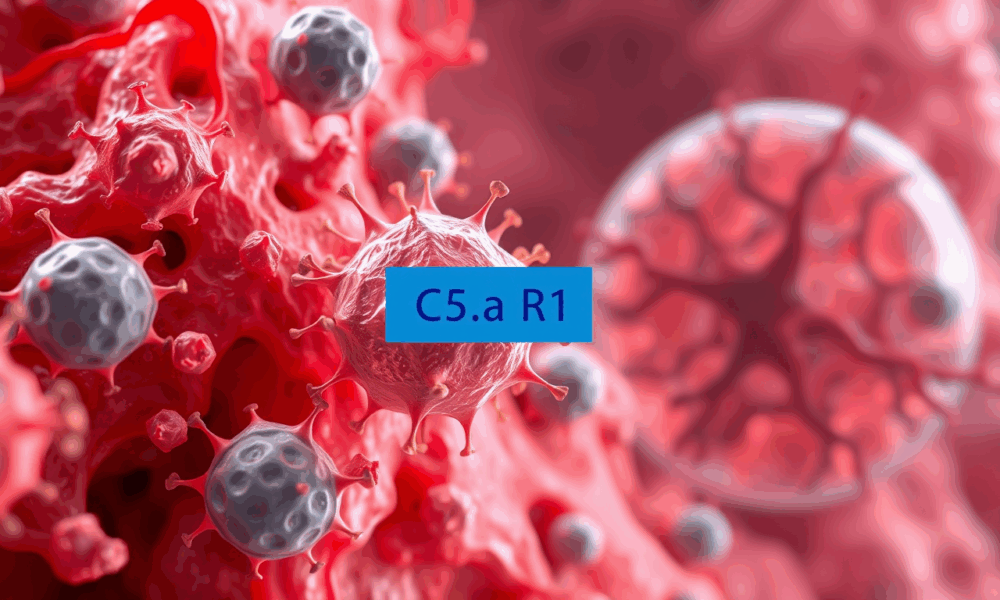
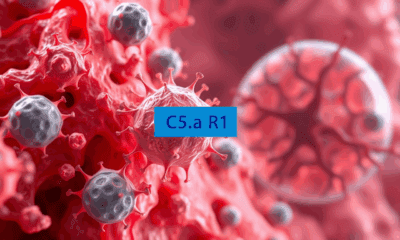

Researchers have identified C5aR1 as a novel biomarker for metastasis risk and poor prognosis in patients with cutaneous squamous cell carcinoma (cSCC), the most common type...



SAVANA uses a machine learning algorithm to identify cancer-specific structural variations and copy number aberrations in long-read DNA sequencing data. The complex structure of cancer genomes...



Scientists found out how naturally unstable filaments decide whether to grow or to shorten.



An international clinical trial shows an innovative CAR-T cell immunotherapy is promising against aggressive T cell cancers and has manageable side effects.
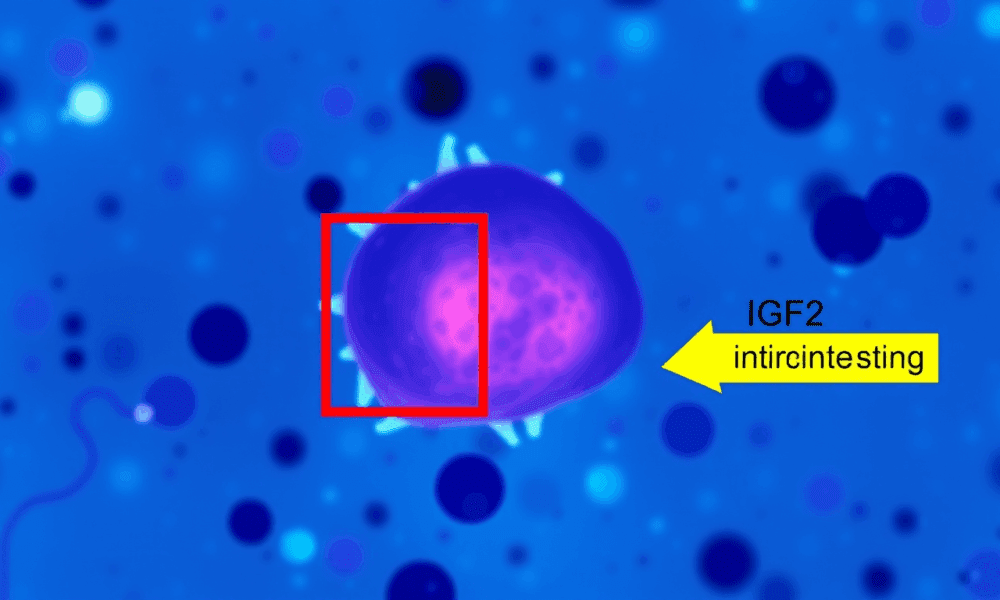
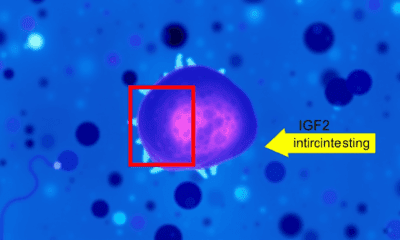

A biobank for pediatric kidney tumors plays a key role in identifying hereditary causes of Wilms tumors. New insights gained with its help enable better risk...



An artificial intelligence technique for detecting DNA fragments shed by tumors and circulating in a patient's blood could help clinicians more quickly identify and determine if...

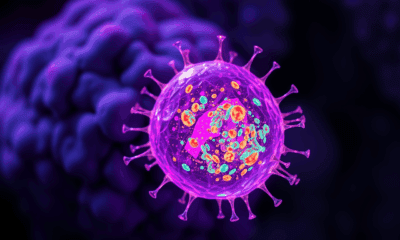

Cancer cells respond to stress with greater diversity. Drugs that affect DNA replication, or radiation that causes direct DNA damage, lead to increasingly diverse offspring over...



Sterols are among the most abundant lipids in eukaryotic cells, yet are synthesized through notoriously long, complex metabolic pathways. Researchers have used a novel approach to...

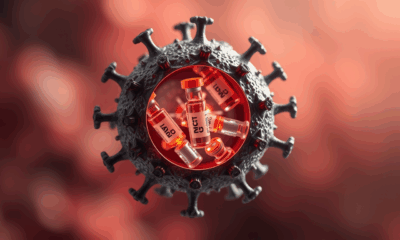

New polymer microparticles can be used to deliver vaccines at different times. The work could lead to childhood vaccines given just once, eliminating the need for...
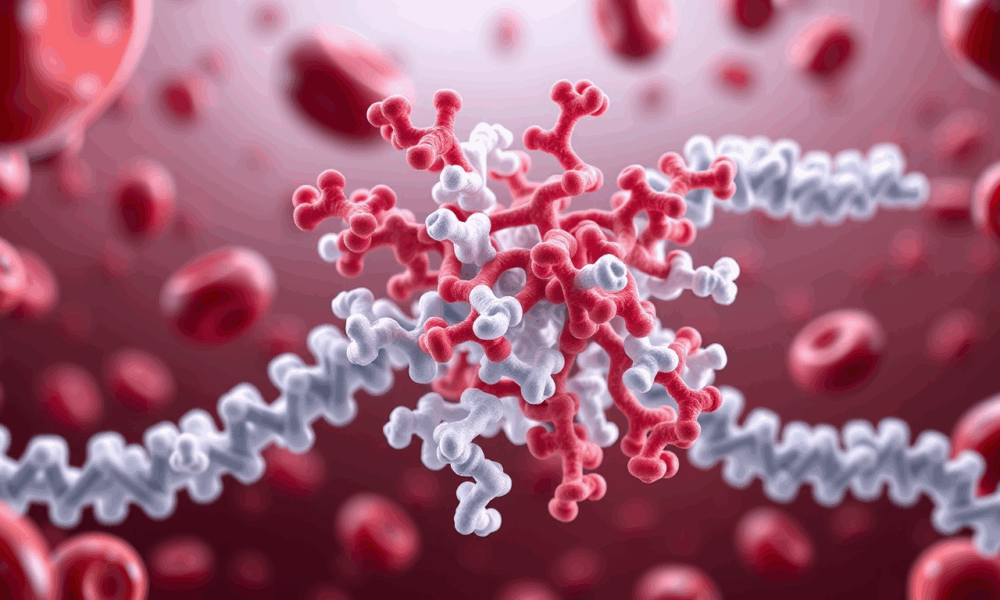
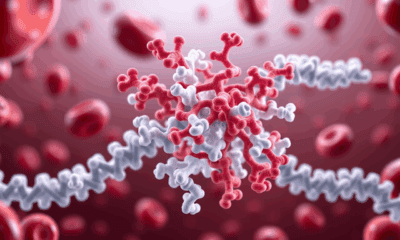

Scientists are aiming to determine the composition and topology of physiological Ashwell-Morell receptor ligands. Their findings will help uncover the receptor's still-hidden secrets.